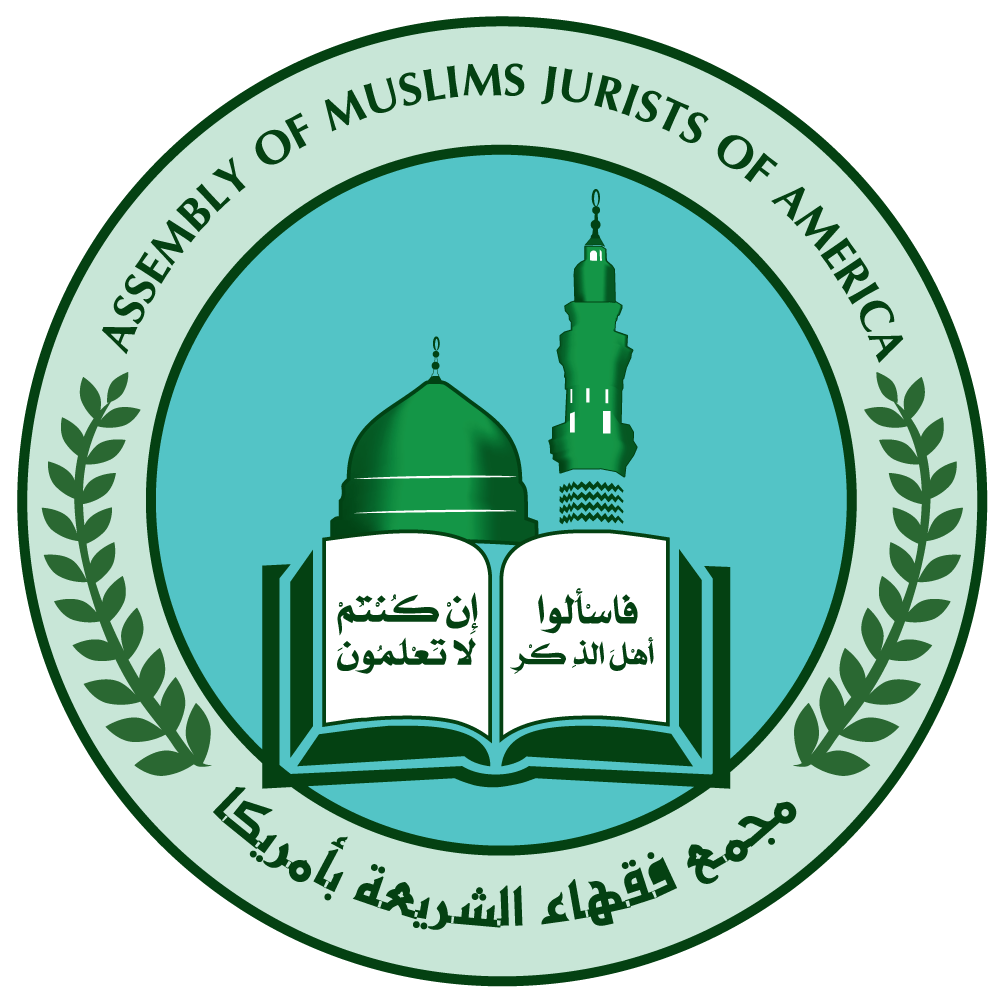Description:
Navigating LGBTQ Issues in the Muslim Community: Understanding, Policy, and Engagement
Key Topics:
-
- Understanding Same Sex Attraction and Gender Dysphoria: Explore the concept of SSA and GD, learn the Islamic wisdom behind the prohibition of acting on these desires, and how to explain the concept to the public.
- Responding to Progressive Muslims & Articulating Islamic Views: Learn how to articulate Islamic perspectives on LGBTQ issues clearly and fearlessly, while being mindful of legal implications. How to respond to those who want to reinterpret the story of Lut and “accept” Queer practices as part of Islam.
- Psycho-Spiritual Support: Delve into psycho-spiritual avenues available for Muslims struggling with same sex attraction or gender dysphoria. Discuss the problem with affirmative therapy practices and why it is problematic to recommend counselors (even Muslims) trained in that philosophy.
- Legal Protections for Masjids, Islamic Institutions, and Therapists: How to keep segregated bathrooms, prayer spaces, classes, etc. How can a counselor or Imam direct people struggling with Queer tendencies without violating the law. How can Islamic institutions and school protect themselves legally?
- Social & Political Navigation: How should we interact with coworkers or friends who are queer? Can a Muslim have a queer friend? Should we use pronouns? Should Muslims support LGBTQ “rights” and endorse politicians who advocate for such views? Should they remain neutral or active oppose LGBTQ ideology. Is being opposed to “LGBTQ rights” a form of discrimination and oppression which will lead to increased Islamophobia?
- Youth Engagement: When and how to talk to kids about the LGBTQ movement? What direction society is taking in schools, media, and socially. Should we protect our children by keeping them isolated or expose them?
- Open Q&A Session & Comments
Interactive Components:
The workshop will include mock dialogues and role-playing scenarios to practice conversations with individuals who identify as queer or are exploring their sexual and gender identities.
Speakers:
Shaykh Mustafa Umar
Mustafa Umar has a bachelor’s in theology and Islamic law. He holds a master’s in Islamic Studies and pursued studies in India and Egypt. He is a scholar, author, and Imam. He founded California Islamic University, is the Senior Religious Director at the Islamic Center of Irvine, an executive member of the Fiqh Council of North America, and a Senior Fellow at the Yaqeen Institute.
Dr. Omar Husain
Dr. Omar Husain graduated from Al-Azhar University with a degree in Islamic studies and Arabic, and the University of Texas at San Antonio with a PhD in counselor education. He is a Licensed Professional Counselor, college professor, clinician, and Religious Director at Mckinney Islamic Association. His knowledge of the Islamic and social sciences makes him uniquely equipped to address contemporary issues facing the Muslim community.
Mr. Eric Rassbach
Eric Rassbach is Vice President and Senior Counsel at the Becket Fund for Religious Liberty where he has served since 2003. He has led or been a part of Becket litigation teams in each of Becket’s pathbreaking victories at the United States Supreme Court. In 2020, he argued Our Lady of Guadalupe School v. Morrissey-Berru to the Supreme Court, winning in a 7-2 vote. Professor Rassbach has also litigated cases in federal and state courts across the country, and in the European Court of Human Rights. Rassbach is also Visiting Professor at Pepperdine University Caruso School of Law, where he is Executive Director of the Hugh & Hazel Darling Foundation Religious Liberty Clinic. Rassbach previously worked at Baker Botts LLP and clerked for United States District Court Judge Lee Rosenthal in Houston. He graduated from Haverford College with a degree in Comparative Literature, is a member of Fitzwilliam College, University of Cambridge, and is a graduate of Harvard Law School. In addition, he was a 2012-2013 Wasserstein Public Interest Fellow at Harvard Law School. He is admitted as a lawyer in Texas, the District of Columbia, California, and Ireland.




